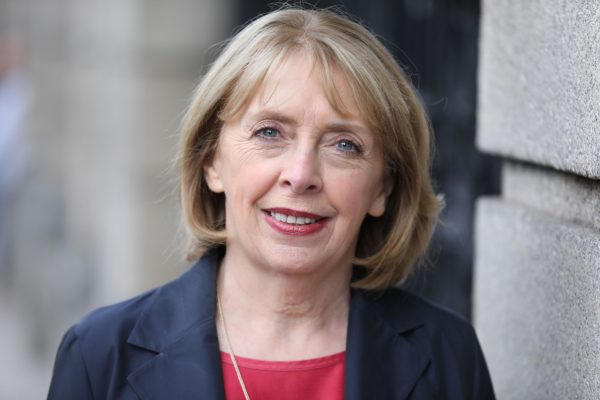Our economic recovery must not be a two-tier recovery, in which those most impacted by the pandemic are left behind.
Social Democrats co-leader Róisín Shortall has said the finding of the Stability Programme Update – that Ireland’s economic recovery is contingent on the successful rollout of the vaccination programme – is a reminder that vaccines are vitally important not just for public health, but for the economy and the public finances.
“The government assured the public its vaccine rollout would be speedy and efficient. That hasn’t been the case. There have been too many delays, unprecedented levels of bureaucracy in the hiring process and a lack of oversight when it comes to people jumping the queue. Issues with the AstraZeneca and Johnson and Johnson vaccines are the latest in a long line of problems to beset the programme.
“In order to retain the public’s confidence in its ability to manage this crisis, the government urgently needs to assure the public that its vaccination targets are both realistic and credible. There have been too many false dawns and broken promises already.
“Elsewhere, the report notes that while public indebtedness has increased, the burden of public debt has fallen, which largely reflects the decline in interest rates associated with large-scale central bank purchases of sovereign debt.
“Given this increased debt sustainability, there is additional room for targeted investment over the coming years – a point echoed by the ESRI in a report last month. While deficits will be part of exchequer budgeting in the short to medium term (projected at €18 bn in 2021, €11.6 bn in 2022), this is not something to be afraid of. These are truly exceptional circumstances and State intervention has played a crucial role in mitigating the worst effects of the pandemic.
Having regard to this, the fiscal goals for the coming years should reflect:.
- The need to protect and create jobs, particularly in those sectors that have been most impacted by the pandemic.
- The need to ensure there is not a two-tier recovery and those workers who have lost their jobs, and are in receipt of State support like PUP, are not left behind when the virus is eventually under control and those supports are withdrawn.
- The critical need for investment in our public services, where systemic weaknesses have been laid bare by the onslaught of the pandemic. This is especially true of the health service and education, where chronic underinvestment and poor management by successive governments made the jobs of frontline workers throughout this crisis so much harder.
- The need to transform our economy in line with our climate-related ambitions.
April 14, 2021
Ends

